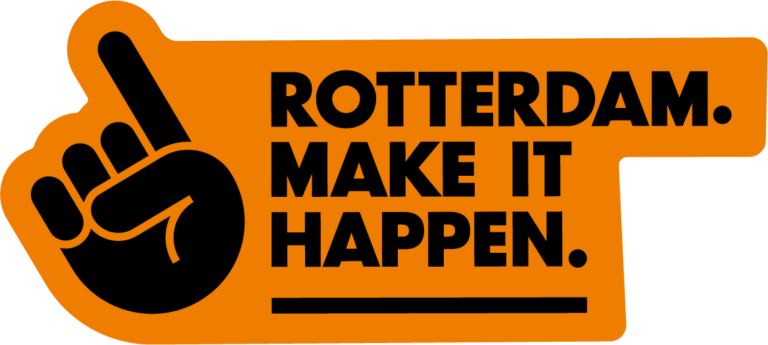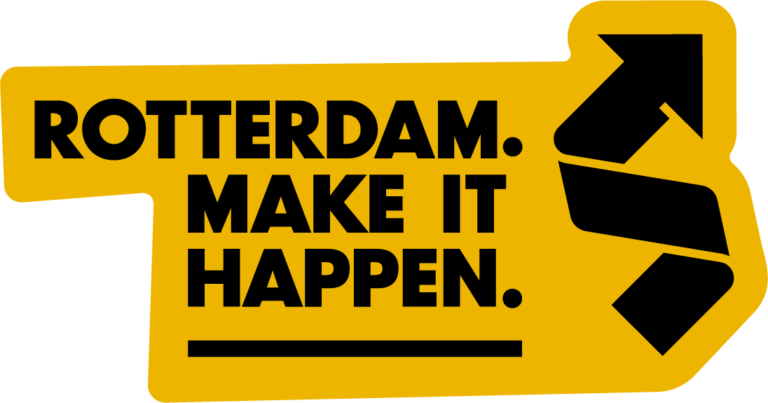On November 27-29, the participants of the programme met in Wroclaw, Poland, for the fourth step of the programme. The title of this working session was “How to work across departments”. The aim of the meeting was to understand the organisational structure in which we are embedded, to define the skills, competencies and mindsets that enable us to work more effectively across departments, and to explore strategies for effective collaboration and coordination of efforts across different departments and stakeholders within city councils and beyond.
The objectives for this workshop were:
- to discuss the challenges that arise from working across departments and stakeholders in placemaking processes;
- to examine successful examples of interdepartmental and interagency cooperation in placemaking;
- to synthesise best practices for effective cross-departmental collaboration in the context of placemaking initiatives.
This workshop was structured around three main steps.
- First, we discussed the organisational cultures in which we are embedded and analysed the systemic, organisational and individual drivers that can facilitate transformative change.
- In the second part, each city carried out an analysis of its organisational structure and connections in placemaking projects in order to identify the existing partners that they encounter in the design, implementation and management phases of placemaking projects. During this step, participants were also asked to define the challenges and limitations of the linkages, as well as the characteristics that enhance and improve collaboration.
- In the final part of the workshop, we returned to the Placemaking Embeddedness Scale to understand what factors or actions can enable us to move up the scale within our organisation and make placemaking more systemic, and what policy-oriented solutions can support this transition.
In addition to the working sessions, we also explored the city of Wroclaw, focusing on the challenge of integrating cultures and communities on a large scale and adapting spaces, services and social programmes to such a huge challenge as the sudden reception of thousands of war displaced people. The case study of Wroclaw is an unprecedented case study for analysing such adaptation and the tools and measures that have been incorporated to make the newcomers feel at home. The site visits included visits to places that have been created in recent years to create spaces for dialogue, integration, collective support and community building, and certainly made us all reflect on Wroclaw’s outstanding and exceptionally warm response to such a difficult situation.
Have a look at the report and feel free to share it further!





